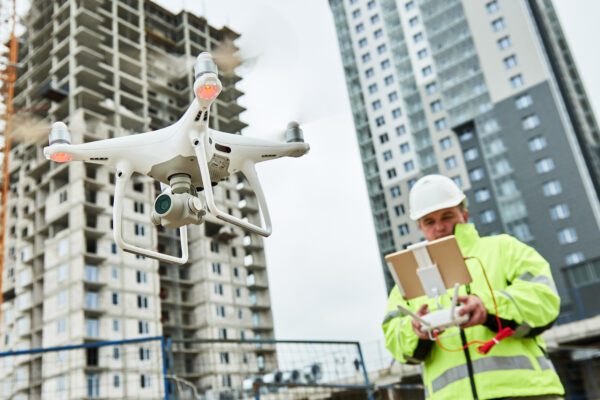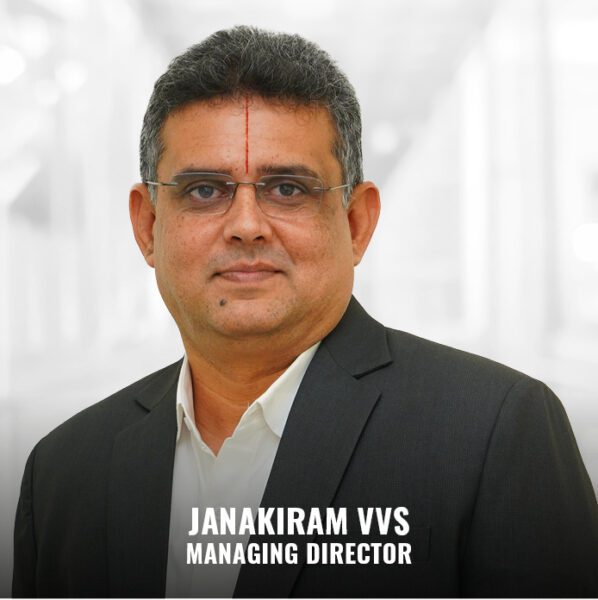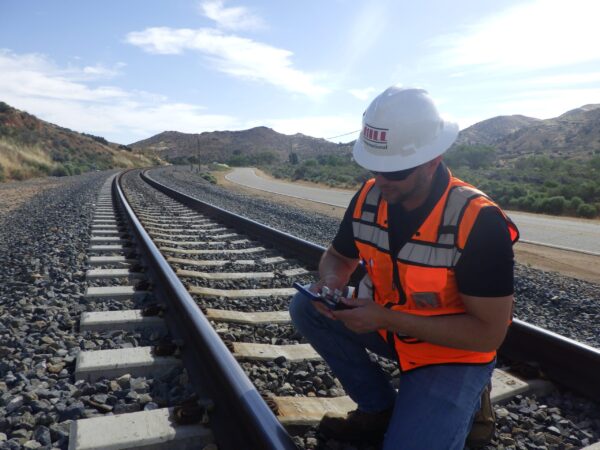
March 12, 2025 | Articles
Get Stoked: Hill International Makes Big Waves in Spain’s Surfing Scene

India’s construction industry is undergoing rapid digital transformation. Powered by new tools and technologies, this digital transformation is helping optimize project management by providing more integrated and data-driven solutions.
One of the most promising advancements is in three-dimensional modelling, which now incorporates time, cost, sustainability, and health and safety features. Another major development is the use of digital twins, which allow real-time monitoring, analysis, and decision-making. Supported by technologies such as drones and aerial imaging and mobile data collection and sharing, these tools provide accurate, real-time data, enabling faster, more efficient project adjustments. Cloud-based platforms offer enhanced collaboration, allowing real-time data sharing and evidence-based decision-making. Augmented and virtual reality tools are also gaining traction, offering immersive experiences to clients and stakeholders. These technologies not only help visualize project outcomes but also assist with communication and training during various stages of development. Meanwhile, digital tools for supply chain management enable early and accurate assessments of embodied carbon, facilitating more sustainable construction practices.

Exciting technologies such as these have started benefitting projects throughout the country. For example, one of my firm’s clients has been digitalizing project management processes by incorporating tools such as drones and helmets fitted with cameras for real-time monitoring. This allows us to continuously track project progress, quickly identify slowdowns or bottlenecks, and make faster, more informed decisions to keep the project on schedule. Collaborative working platforms are also gaining traction. Some firms are working to customize collaborative software to align with clients’ workflow processes, not only improving efficiency but also promoting compliance with client requirements and policies. Industry-wide, we’re seeing owners increasingly pushing for standardized information, including specifications and bills of quantities for their projects. Though not itself a technological leap, this trend signals a step towards greater digitization, as it promotes consistency, accuracy, and smoother integration of data across projects and systems.
While the benefits of these digital tools are clear, there are challenges that the industry must address. Beyond up-front costs, the process of digitizing existing project data requires considerable time and effort. Ensuring the availability and validation of accurate data is a complex task that can slow down the transition to digital systems. Additionally, data security is a significant concern, particularly as digital tools require extensive information sharing. Protecting sensitive data will likely necessitate new regulatory frameworks.
Regulatory compliance itself is another challenge, as the construction industry shifts away from traditional paper-based systems to digital solutions. Governments are increasingly recognizing the importance of these trends and are working to implement policies that support this transition. Upskilling the workforce is also critical. Experienced professionals must adapt to the new technologies, while the junior workforce requires training in both trade skills and the digital tools essential to modern construction.
Owners and their teams should take concrete steps now to “future-proof” their organizations and their projects. These include:
India’s digital transformation in construction is still unfolding, with some companies making faster progress than others. While mobile and cloud-based solutions are becoming common, more advanced technologies like artificial intelligence and robotics are still in early stages of adoption. By addressing challenges and adopting tailored strategies to facilitate digitalization, India’s construction industry has the potential to emerge as a leader in effective digital transformation and pave the way for enhanced efficiency and innovation in global construction.

About the Author
Janakiram VVS is a Managing Director with Hill International, Inc. He is based out of the firm’s office in Chennai, India, and has more than 33 years of construction, engineering, business management, and cost management experience in multiple sectors. To speak with Janakiram about the digital transformation and future-proofing your organization and projects, reach out to [email protected]. To learn more about Hill International’s work helping clients implement technological solutions on major infrastructure projects around the world, please visit www.hillintl.com.
Share

March 12, 2025 | Articles
Get Stoked: Hill International Makes Big Waves in Spain’s Surfing Scene

March 9, 2025 | Articles
Project Manager TJ Pinales: Helping Along the Road in San Antonio

March 4, 2025 | Articles
Balancing the Equation: An Interview with Project Manager Tracy Wiyrick

March 1, 2025 | Articles
A Lifelong Project: Calypso Kyriakopoulou’s Multifaceted Career in Construction

February 10, 2025 | Articles
Dual Delivery: A Viable Strategy for Complex Transit Projects

January 23, 2025 | Articles
Plotting a Roadmap to Success on the Torres de Colón Renovation

December 12, 2024 | Articles
Progressive Design-Build for Rail and Transit Projects: Room to Run

December 9, 2024 | Articles
Unlocking Growth: Maximizing the Benefits of the SBA’s Mentor-Protégé Program

December 8, 2024 | Articles
Mediterranean Luxury a Century in the Making: Four Seasons Resort Mallorca at Formentor